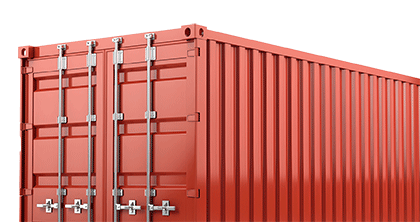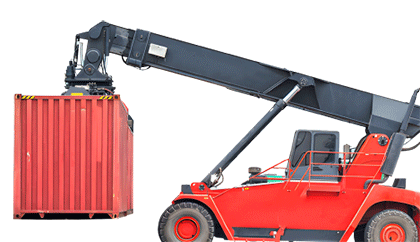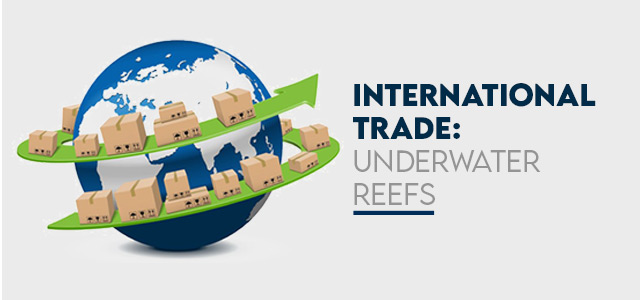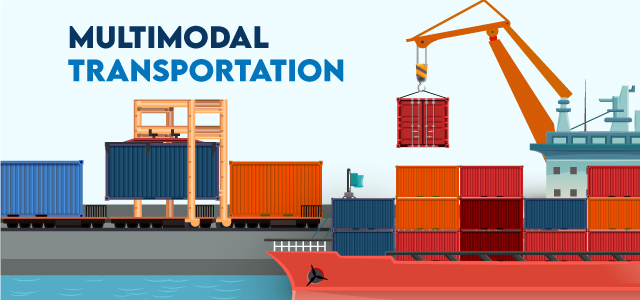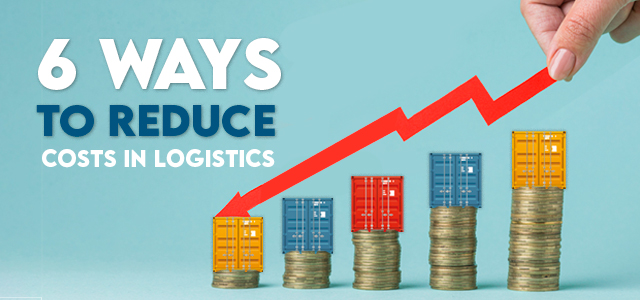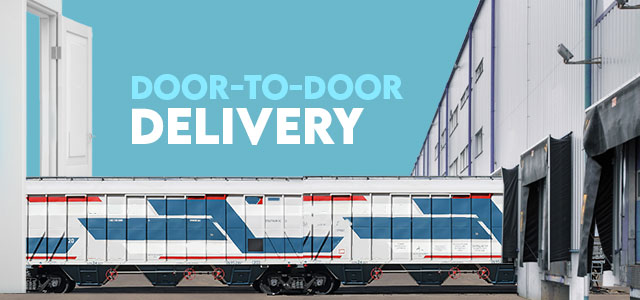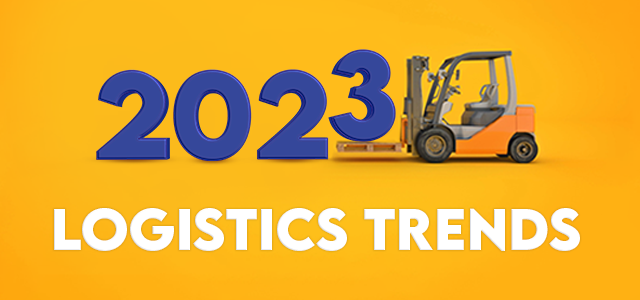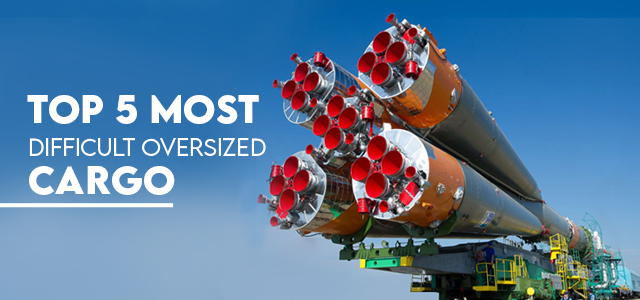President Ilham Aliyev Highlights Azerbaijan’s Role as a Strategic Transport and Logistics Hub at the OTS Summit in Gabala
At the 12th Summit of the Organization of Turkic States (OTS), held on October 7 in Gabala, President of Azerbaijan Ilham Aliyev underscored the country’s growing significance as a central link in Eurasian transport and logistics corridors, emphasizing the importance of deeper integration among Turkic states through connectivity and trade.
Azerbaijan — a Bridge Between Türkiye and Central Asia
In his address, President Aliyev stated that Azerbaijan plays a key role in both the East–West and North–South transport corridors, serving as a vital bridge between Türkiye and Central Asia. He noted that Azerbaijan’s active participation in major transport projects has transformed it into an indispensable logistics hub across geographic and economic dimensions.
“Azerbaijan is an active player in the East-West and North-South transport corridors, serving as a vital bridge between Türkiye and Central Asia across geographic, economic, transport, and other domains,” the President said.
Rapid Growth of the Middle Corridor
President Aliyev highlighted the remarkable growth of cargo movement through the Middle Corridor, which increased by nearly 90% since 2022, accompanied by a significant reduction in transit time. This, he said, reflects the success of coordinated infrastructure and policy measures among Turkic states.
Azerbaijan’s strong infrastructure base — including the Caspian Sea’s largest trade fleet, the Port of Alat (soon to reach a capacity of 25 million tons per year), the Baku–Tbilisi–Kars railway, nine international airports, and the region’s largest cargo airline — underpins this success and reinforces Azerbaijan’s role as a gateway between Europe and Asia.
Zangezur Corridor: A New Artery of Connectivity
A major highlight of President Aliyev’s remarks was the announcement of the Zangezur Corridor’s opening, described as one of the most important outcomes of the recent Washington summit.
“This corridor is significant as a new transport artery and serves as a second route within both the Middle Corridor and the North-South Corridor,” the President noted.
The Zangezur Corridor is expected to enhance interconnectivity among Turkic states and further integrate the South Caucasus into regional and global transport networks. It will create a continuous logistics chain from Central Asia through Azerbaijan and Türkiye to Europe.
Energy and Green Transport Integration
President Aliyev also connected transport development with energy security and sustainability, announcing that Azerbaijan is working with Turkic partners to develop a green energy corridor linking Central Asia, Azerbaijan, Türkiye, and Europe. This initiative complements ongoing efforts to expand renewable energy production — projected to reach 40% of total generation by 2030.
A Vision for Deeper Economic Integration
Beyond infrastructure, the Azerbaijani President emphasized that investment and cooperation among Turkic countries are expanding. Azerbaijan has already invested over $20 billion in the economies of fraternal states, including the establishment of joint investment funds with Uzbekistan, Kazakhstan, and Kyrgyzstan to finance future development projects.
“These initiatives serve to deepen economic integration within the Turkic world, strengthening cooperation among our friendly and brotherly nations in energy and transport, and ensuring the sustainable development of our region,” Aliyev said.
Azerbaijan’s Leadership in Regional Logistics
The President’s speech reinforced Azerbaijan’s role as both a connector and coordinator in Eurasian transport. With multimodal infrastructure, strategic investments, and political will, the country continues to position itself as a leading logistics hub linking the Turkic world to Europe, the Middle East, and Asia.
As Azerbaijan assumes the chairmanship of the Organization of Turkic States, the focus on connectivity, logistics, and sustainable transport development is expected to remain at the forefront of its regional agenda — building on the momentum of projects like the Middle Corridor and the Zangezur Corridor.






